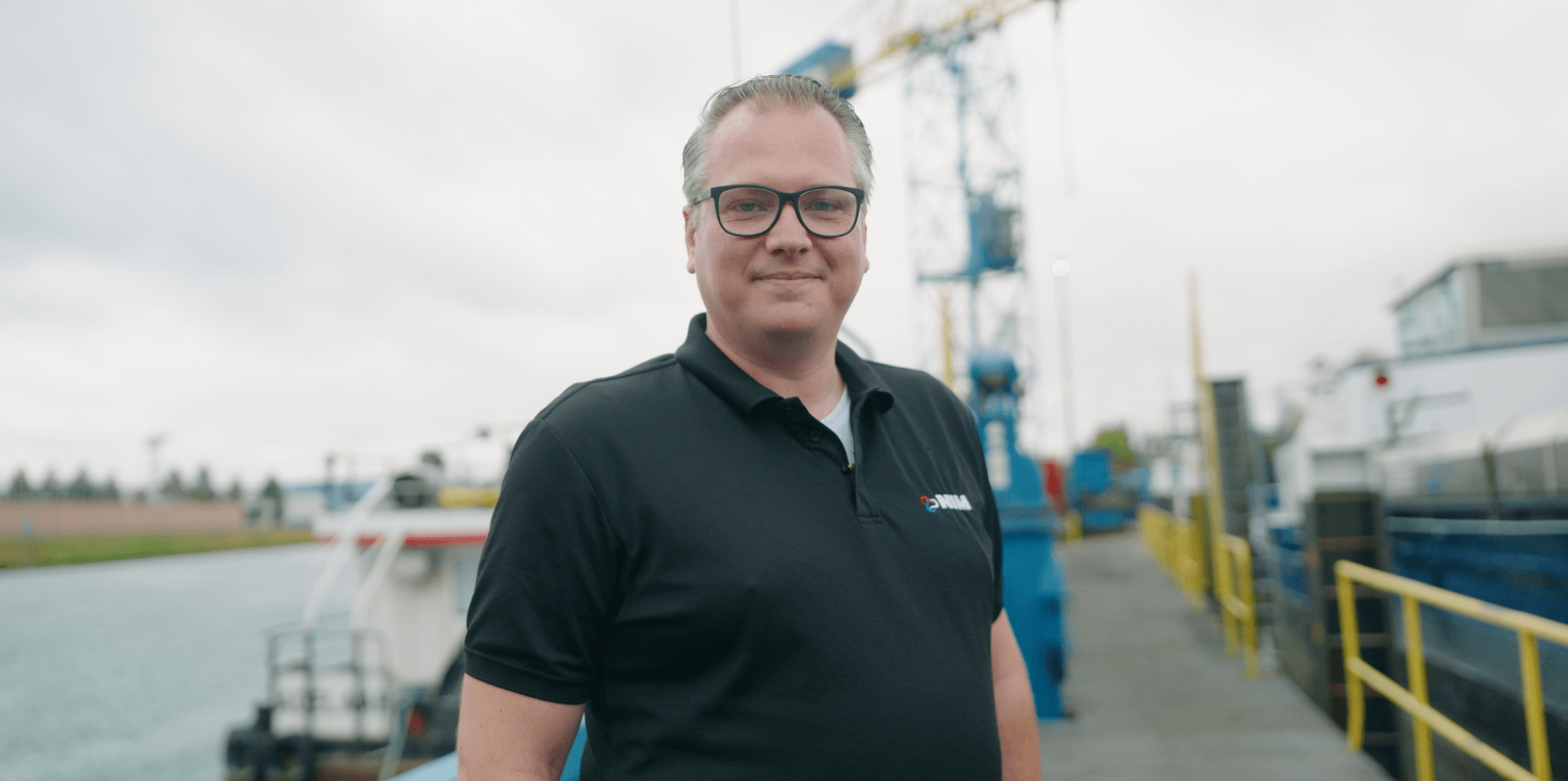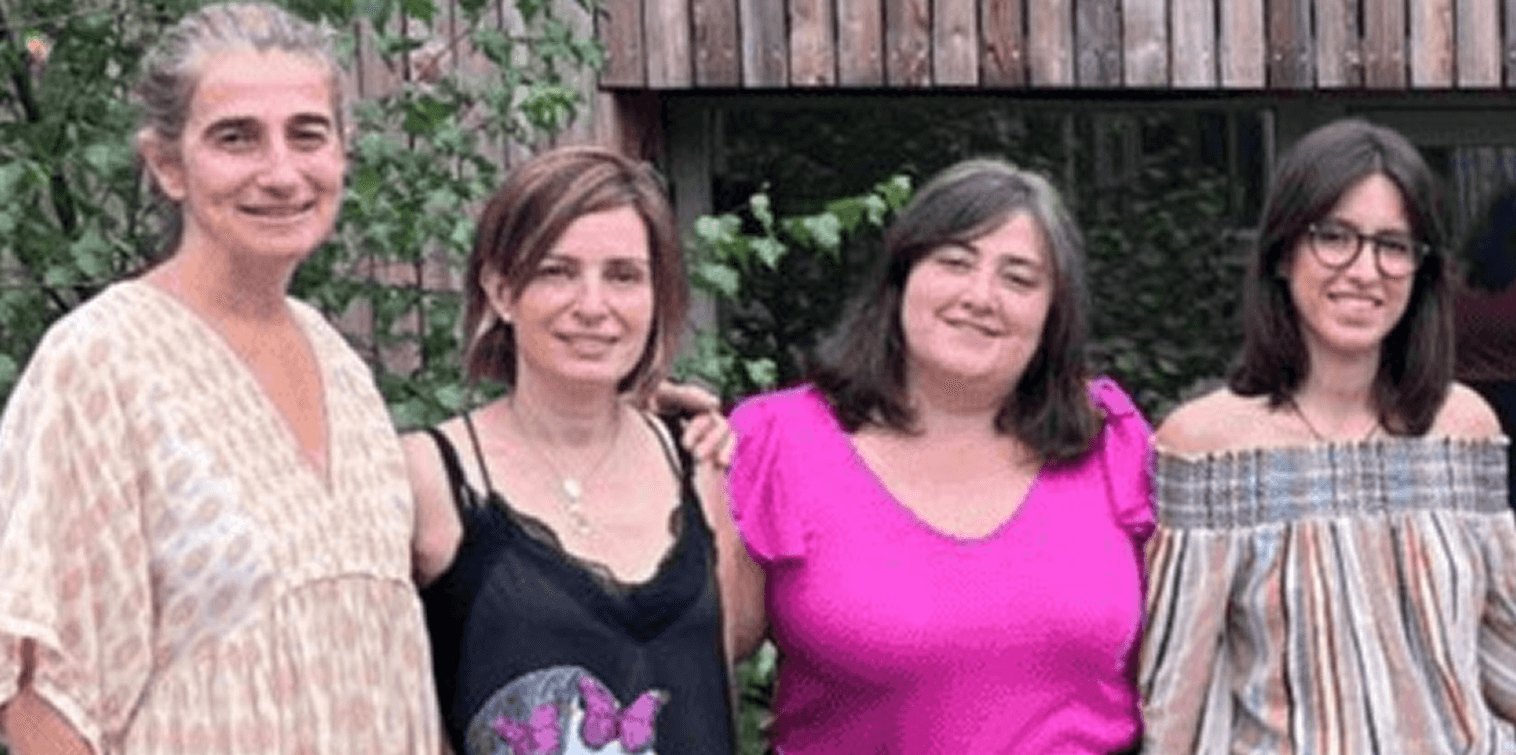Navigating Rotterdam’s port sector with care and collaboration: Elisa Alonso on women, work and circular change
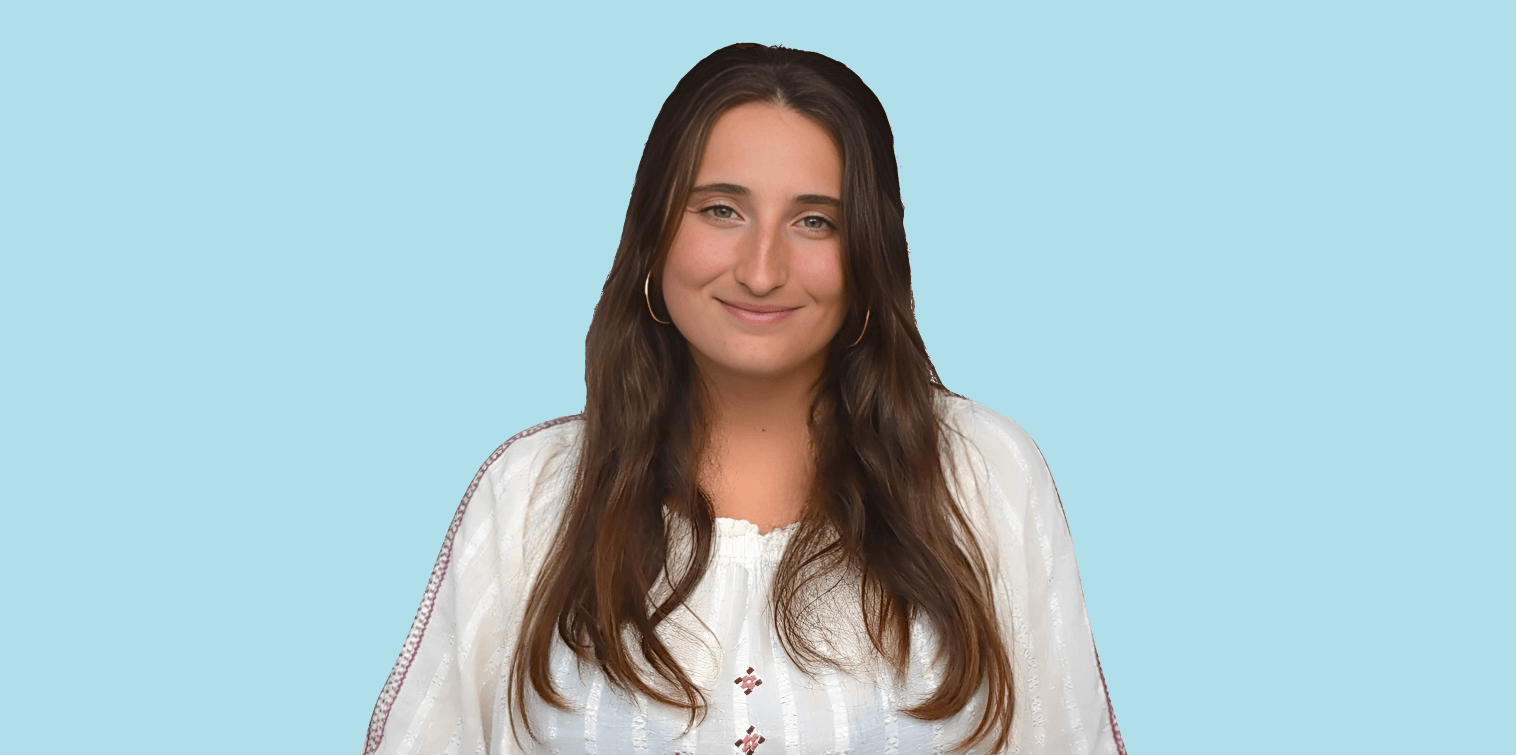
Where women are and where they are missing
After visiting dozens of logistics hubs and quality control offices, Elisa observes a clear pattern. “Women are present in marketing, administration, communications and finance. But when it comes to operations, technical leadership or logistics decision making, they are still rare. That is not about capability, it is about access, representation and the kinds of opportunities companies are willing to create.”
She believes companies and institutions need to take more responsibility. “Hiring practices matter. If we only see men as founders or in operations roles, the cycle continues. There are women who want to work in logistics, quality control and commercial positions, they just need the chance.”
Building networks, creating change
One of the ways forward, Elisa emphasises, is through networks. “What really helps is having other women around, whether through LinkedIn groups, associations or just informal chats. When you are the only woman in the room, those connections give you perspective and energy. You realise you are not alone.”
For CLCircular, being based in Rotterdam is also about creating connections. Through the PortXL accelerator programme, the company has been able to expand its network within the port community and explore collaborations, including projects linked to data, customs and supply chain security.
Sustainability as part of the bigger picture
Beyond gender, sustainability runs through everything Elisa does. CLCircular’s reusable sensors, rented, recovered and used multiple times over, are designed to reduce waste and emissions in global trade. For her, innovation and sustainability are inseparable.
“In Europe especially, you cannot separate innovation from sustainability anymore,” she says. “If the maritime sector wants to evolve, it has to think beyond short term cost and towards long term impact.”
A grounded perspective
Elisa resists being framed as an inspiring woman of the year. Instead, she hopes her story adds to a broader conversation about how the port sector can change. “I am just one example,” she concludes. “The real question is: how do we build systems that allow more women to thrive here, in logistics, operations and leadership? If we can shift the structures, the stories will follow.”
Shaping sustainable shipping: innovation, people and partnerships in Rotterdam
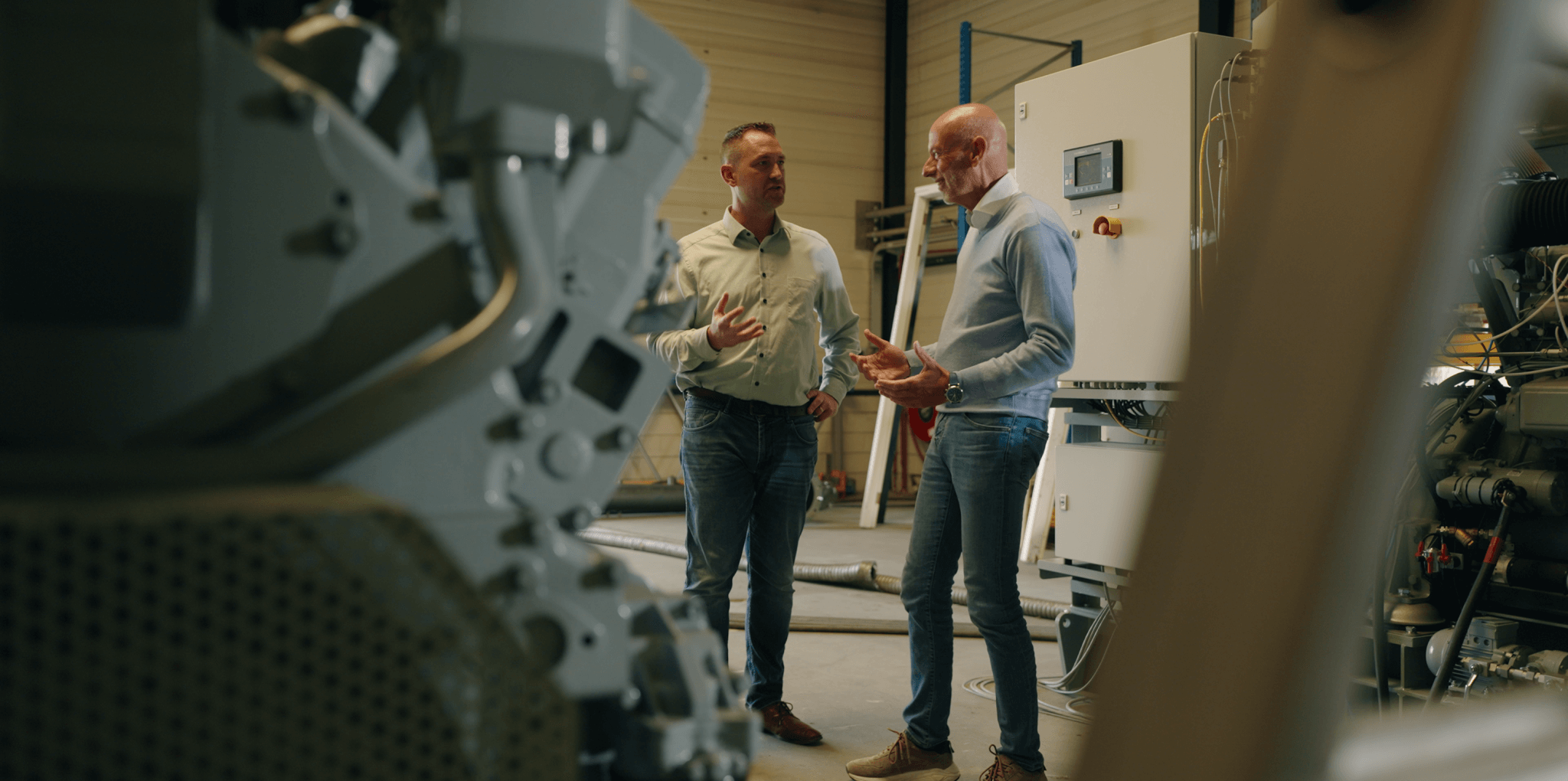

Building smart, specialised vessels: how Holland Shipyards Group turns customer questions into practical innovation
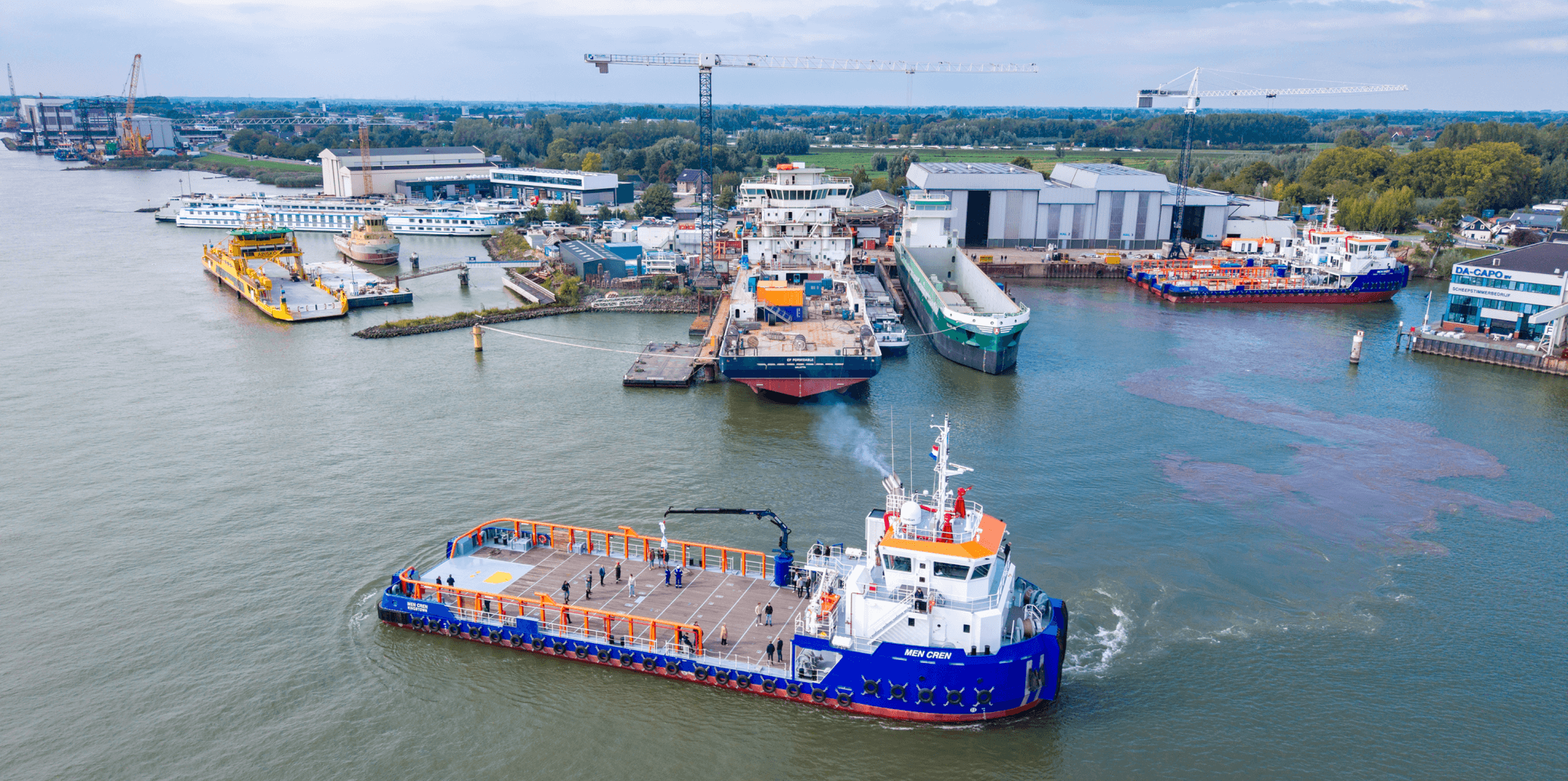

Working with trust and curiosity: Shanna van Berchum on building a career in the maritime industry
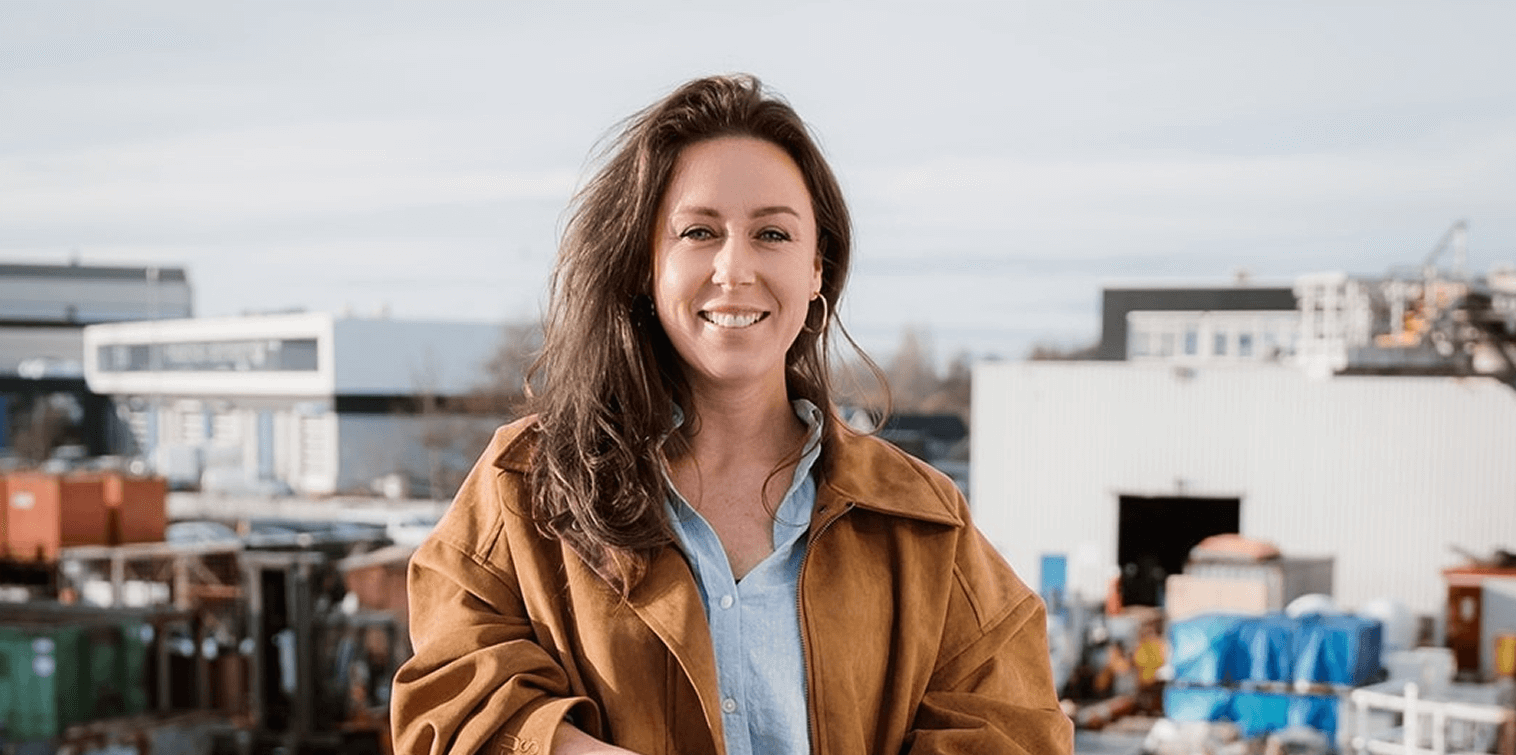

Beyond the engine: testing methanol for cleaner shipping
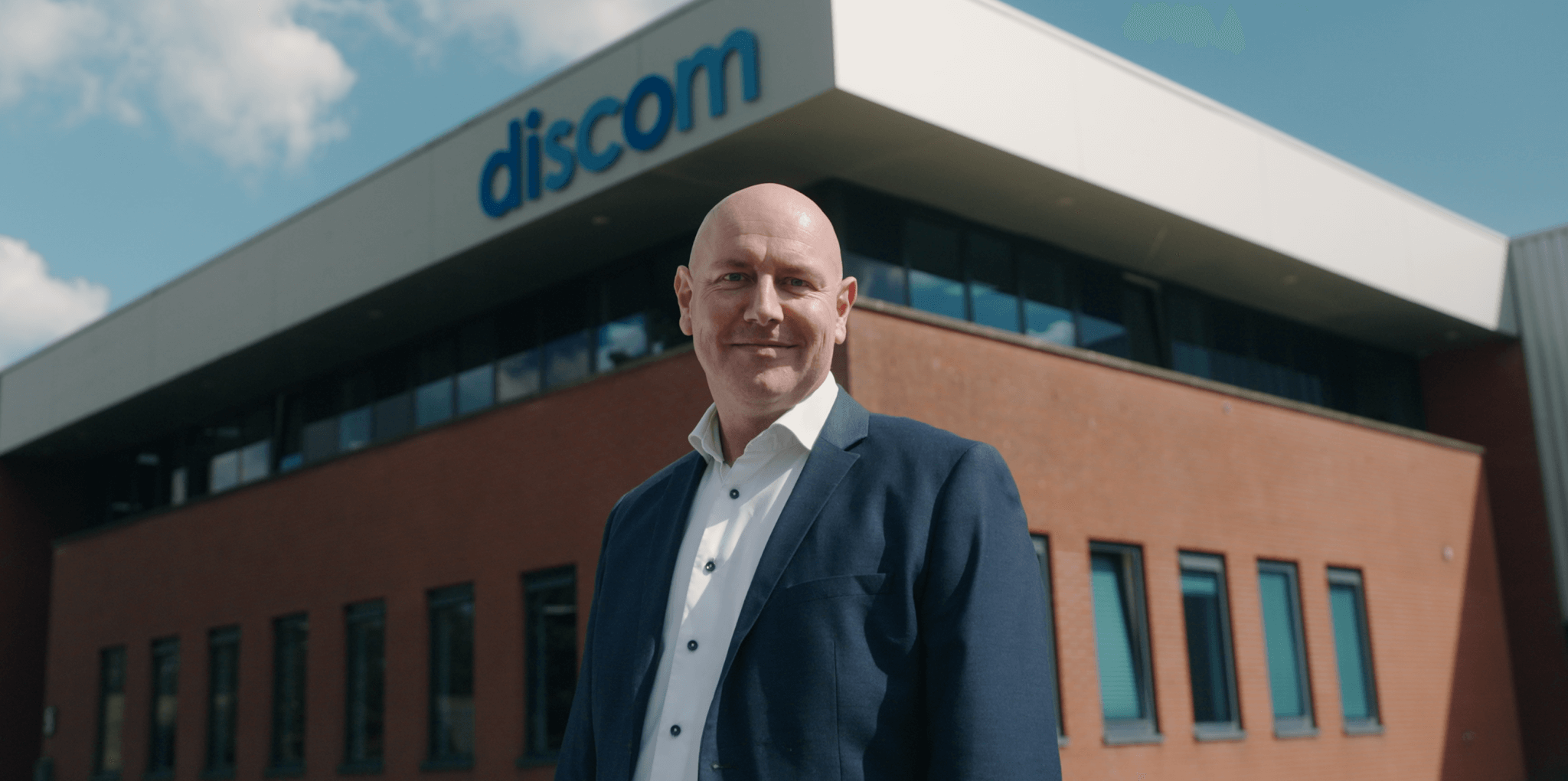

How Jeff de Graaf builds bridges between technology and talent
